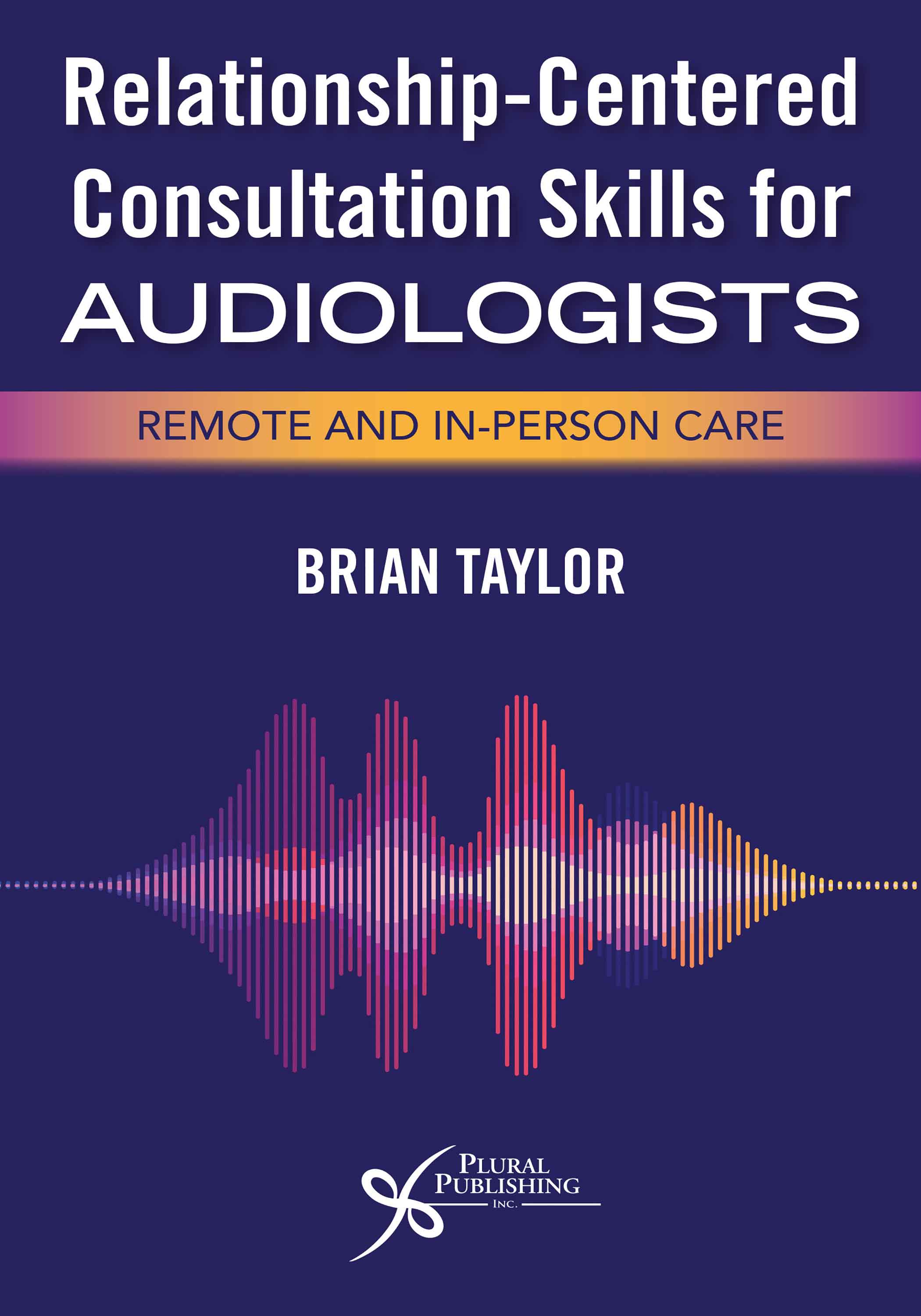
Relationship-Centered Consultation Skills for Audiologists: Remote and In-Person Care
First Edition
Brian Taylor
Details: 303 pages, B&W, Softcover, 6" x 9"
ISBN13: 978-1-63550-335-7
© 2021 | Available
Purchase
Earn CEUs for taking the AudiologyOnline.com course based on this book.
CEUs/Hours Offered: AAA/3.2 Intermediate; ACAud/32.0; AHIP/32.0; BAA/32.0; CAA/32.0; Calif SLPAB/32.0; IACET/3.2; IHS/32.0; Kansas, LTS-S0035/32.0; NZAS/3.0; SAC/32.0
As hearing aid technology becomes more automated and easier to use for persons with hearing loss, the need for humanistic interactions with a professional is more important than ever. Relationship-Centered Consultation Skills for Audiologists: Remote and In-Person Care is a how-to guide for clinicians who want to provide evidence-based, holistic care to persons with hearing loss. By focusing on person-centered communication, this practical text is an incredible tool for providers who utilize both in-person and remote telehealth approaches to care.
With new disruptive technologies, it is crucial to adapt to a changing marketplace. The material in Relationship-Centered Consultation Skills for Audiologists: Remote and In-Person Care is practical and straightforward to implement for the busy clinician.
Key Features
- A concise book that describes how relationship-centered communication can be implemented in any hearing care practice and why relationship-centered communication will be a key differentiator in the era of self-directed and remote care
- Scientifically validated frameworks that describe relationship-centered health care
- Evidence-based models of human behavior associated with the chronic condition of hearing loss
- Holistic approaches to utilizing relationship-centered communication during both in-person and telepractice appointments with help seeking individuals
- A turnkey method for implementing blended hearing care using relationship-centered principles
Brian Taylor Discusses Hearing Aids Over the Past Few Decades
Brian Taylor Discusses Relationship-Centered Consultation Skills for Audiologists
Reviews
“…This book highlights the key skills to be mindful of when conducting these appointments within audiology services as a whole.
The book itself combines theory and practical explanations of implementing relationship–centred care within our clinics…
Topics discussed in a chronological order for ease of reading, alongside implementation of each chapter beginning with a case study, is a helpful approach to what the chapter will go on to discuss. The book is structured in a clear and concise manner with figures to help cement theoretical knowledge alongside relevant research to support the practical benefits. A particular highlight for me was the ‘points to ponder’ section found within helpful reminders/tools throughout…
…Overall, I believe this book is a key read and good value for money. No matter what stage of your career that you are in, the book offers a good insight and a kind reminder to clinicians to ensure that we are individualizing our care plans to our patients.”
–Saira Nahim, Audiologist, St. George’s University Hospitals NHS Foundation Trust, UK, in ENT & Audiology News (March/April 2022)
“This book complements the multiple titles published by Dr. Brian Taylor, reframing the topic of consultation skills for audiologists to align with the current digital health era. In addition, it presents a hearing care model focused on hearing professionals’ “well-honed” communication skills as the cornerstone of relationship-centered care, offering practical guidance around holistic communication.
Dr. Taylor is the Director of Audiology at Signia, with more than 30 years of experience spanning clinical, academic, industry, and publishing domains of audiology. His expertise in the hearing industry positions him well to help professionals navigate hearing loss and the growing number of treatment options in a market flooded with digital transformation. His focus on communication skills is especially relevant in today’s buying market, where persons with hearing loss are presented with a plethora of choices when it comes to seeking help, spending money, and engaging in the hearing care journey. This is especially apparent as we realize the emergence of self-fitting hearing aids and automated online hearing assessment options. The preface reminds us that the road to improved communication can be highly complex when it comes to hearing loss. This calls for clinical expertise to extend beyond what can be achieved with technological skill, including empathetic care…
Themes presented throughout the book focus on describing, applying, practising, and monetizing relationship-centred care within a blended care model. Each chapter is introduced with a clinical case scenario, engaging the reader and effectively transitioning from topic to topic. The “points to ponder” sections help highlight important themes and provide practical guidance. The beginning highlights the cornerstones of relationship-centered communication, including a shift from a patient-centred perspective to one that involves equal information sharing. Common terms used when describing persons with hearing loss are covered up-front and before directing professionals towards a more inclusive, bias-free method of communication: relationship-centered communication (RCC). RCC is the central discussion point in this chapter for a good reason. This method focuses on authenticity, equal participation, information gathering, and empathy, all facets that are truly important when delivering care to anyone. Further, Dr. Taylor provides a toolbox of suggestions for integrating RCC into a professional’s workflow, with items like shared decision making and decision aids for various interventions, and outlines steps to make all clinical interactions relationship-centric. While highly informative, this first chapter is effective for not guilting the professional for how they may have been communicating with persons with hearing loss and guides them towards a focus on RCC.
...Covered in the applications section of the book is a comprehensive review of historical and current principles of person-centered care…Lessons are presented from varying perspectives, covering key models/frameworks throughout the stages of change when assessing readiness, self-assessment in help-seeking, and health belief and behavior change to guide treatment and ongoing follow-up…Finally, the important topic of patient triaging is touched on, warranting further research and discussion as applied to blended models of care.
The book transitions to equip the reader with RCC in the context of tele-audiology, focusing on the various aspects of remote care, how to integrate RCC into this newer form of the care process, and how to include RCC into a blended care model: “the best of both worlds,” where services are provided in-person and through remote tele-audiology. The patient milestones highlight the stages along the patient journey in which RCC can be incorporated, from first impressions to long-term care. Relevant models are re-visited within this section to help guide RCC in tele-audiology and self-fitting. Candidacy for blended care is also discussed, outlining the types of people with hearing loss encountered, including their attitudes and barriers; further discussion will help inform these facets of tele-focused care for additional applications. Finally, this section pulls together RCC, candidacy, and blended care across the patient journey, highlighting some critical factors when considering each component.
Finally, concepts around self-directed/managed care, and market segmentation are introduced, comparing common business models used in clinical practice to monetize RCC. The reader is provided with a helpful RCC checklist for each clinical encounter and is reminded to focus on the monetization of time, rather than product. The reader is left with the final important thought that “technology, business practices, and market demands change with time, but the ability to practice RCC is unwavering.” The reader is provided with concrete guidance to assist them in navigating the complex and ever-changing landscape of digital health in audiology. Overall, this book was an interesting and inspiring read, restoring focus on care fundamentals as we learn to embrace technological evolution and its many benefits in hearing care.”
–Danielle Glista, PhD, Reg CASLPO, Western University, in the Canadian Audiologist (May 2022)
Preface
Chapter 1. The Cornerstones of Relationship-Centered Communication
Chapter 2. Practical Applications of Descriptive Models of Care
Chapter 3. Practicing In-Person Relationship Centered Communication
Chapter 4. A Blended Approach to Relationship Centered Communication
Chapter 5. Monetizing Relationship Centered Communication in the Era of Self-Directed Care
Index
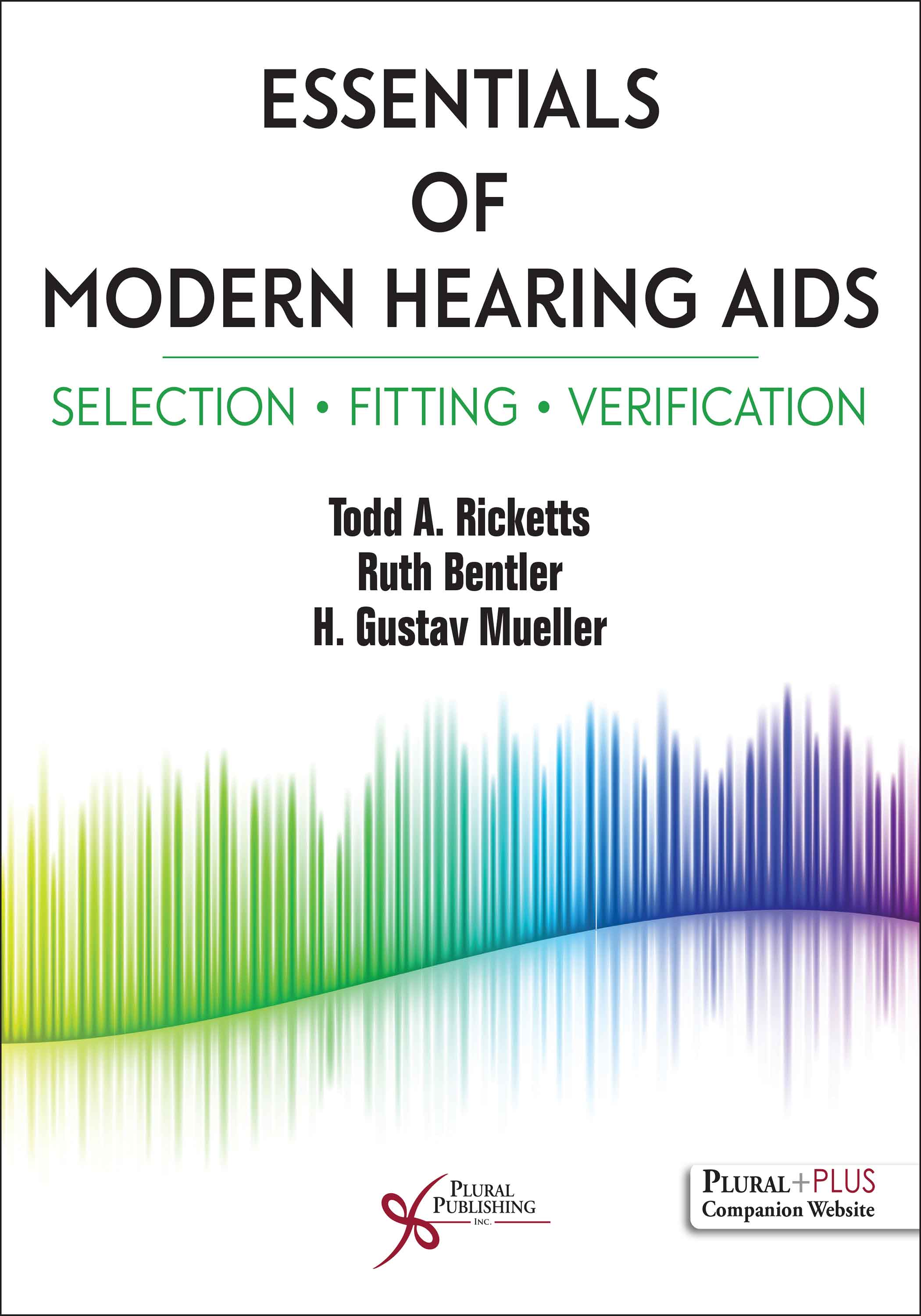
Essentials of Modern Hearing Aids: Selection, Fitting, and Verification
First Edition
Todd A. Ricketts, Ruth Bentler, H. Gustav Mueller
Details: 888 pages, B&W, Hardcover, 8.5" x 11"
ISBN13: 978-1-59756-853-1
© 2019 | Available
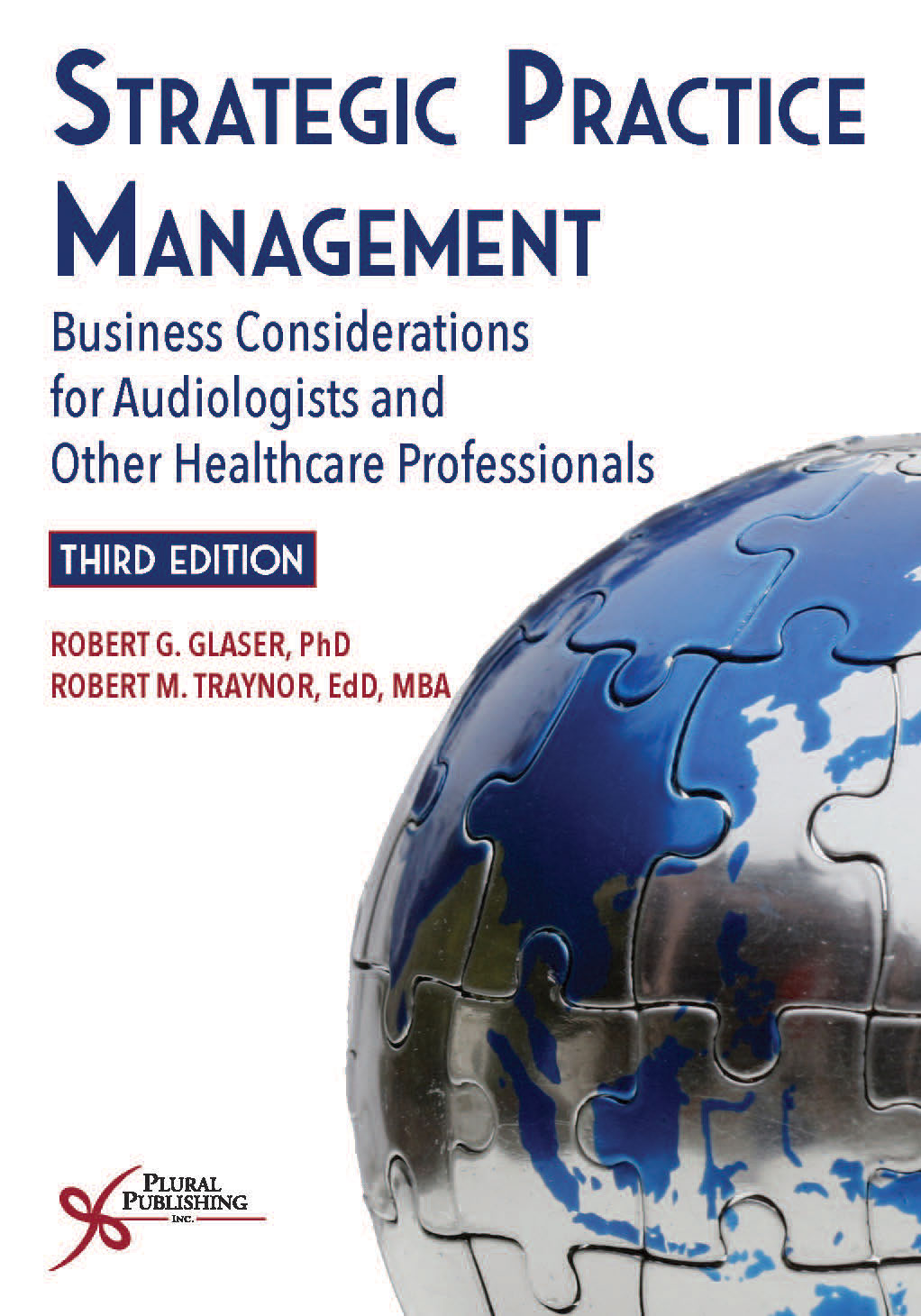
Strategic Practice Management: Business Considerations for Audiologists and Other Healthcare Professionals
Third Edition
Robert G. Glaser, Robert M. Traynor
Details: 768 pages, B&W, Hardcover, 7" x 10"
ISBN13: 978-1-63550-014-1
© 2019 | Available
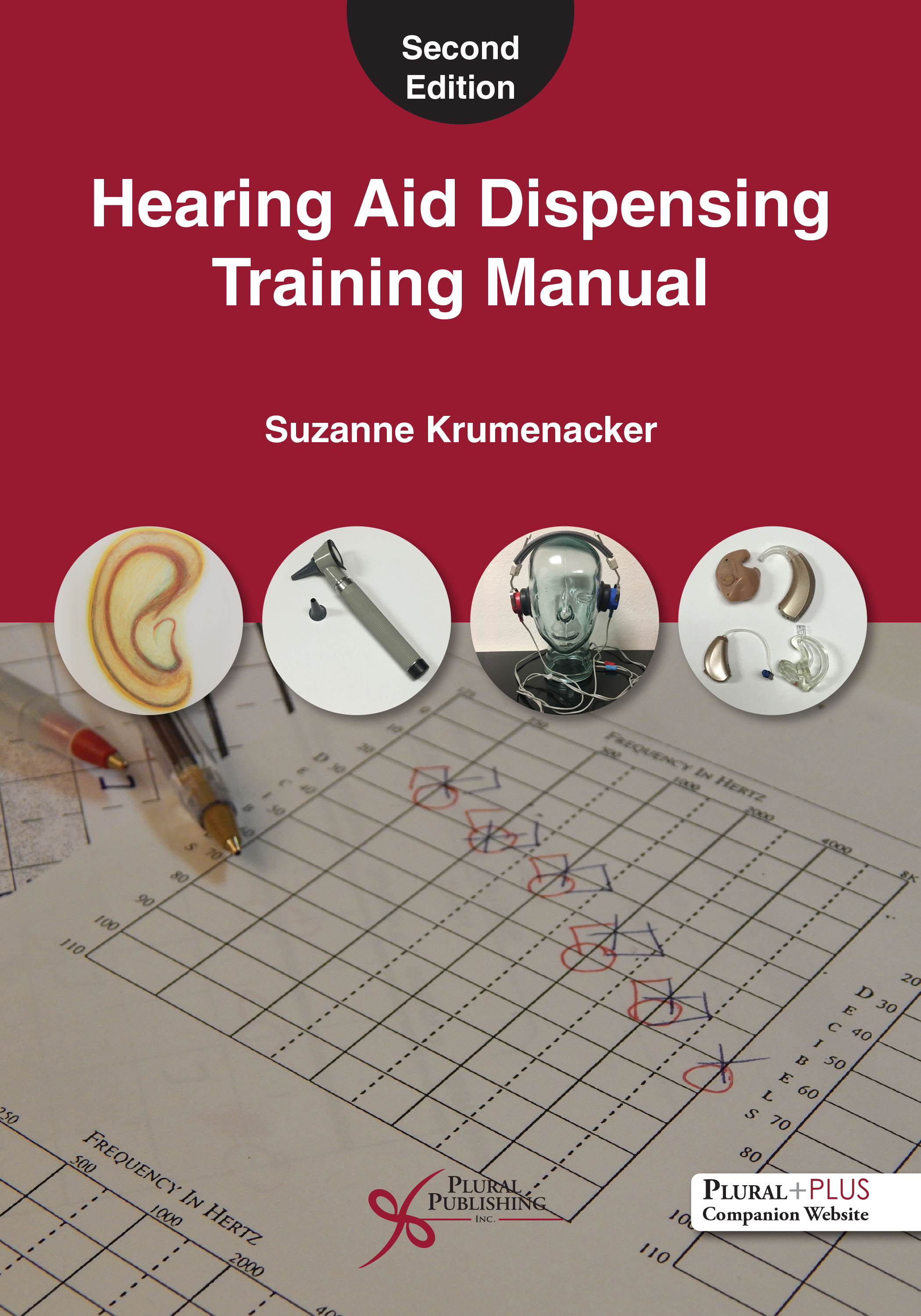
Hearing Aid Dispensing Training Manual
Second Edition
Suzanne Krumenacker
Details: 220 pages, B&W, Softcover, 7" x 10"
ISBN13: 978-1-63550-131-5
© 2019 | Available
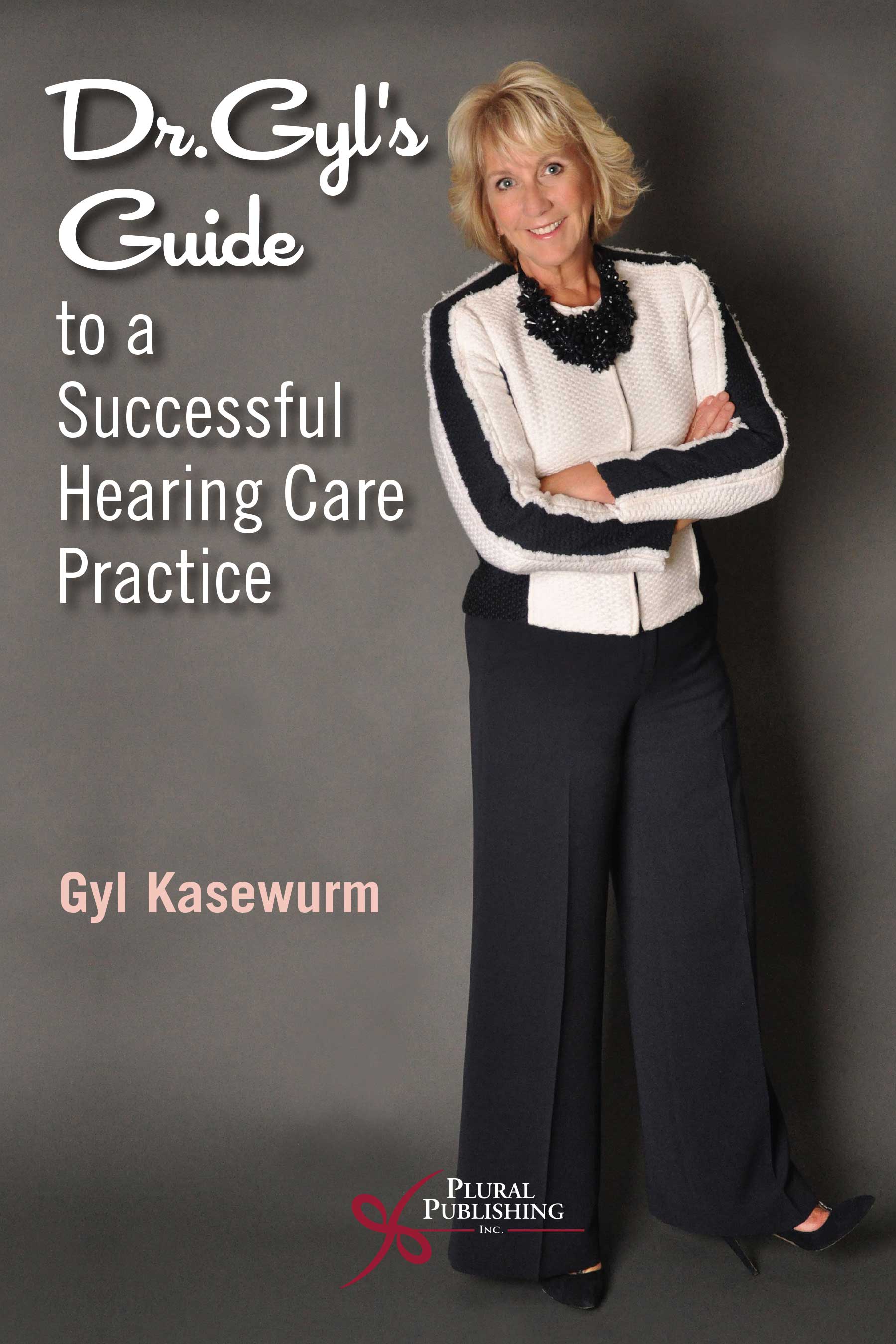
Dr. Gyl's Guide to a Successful Hearing Care Practice
First Edition
Gyl Kasewurm
Details: 142 pages, B&W, Softcover, 6" x 9"
ISBN13: 978-1-63550-207-7
© 2019 | Available
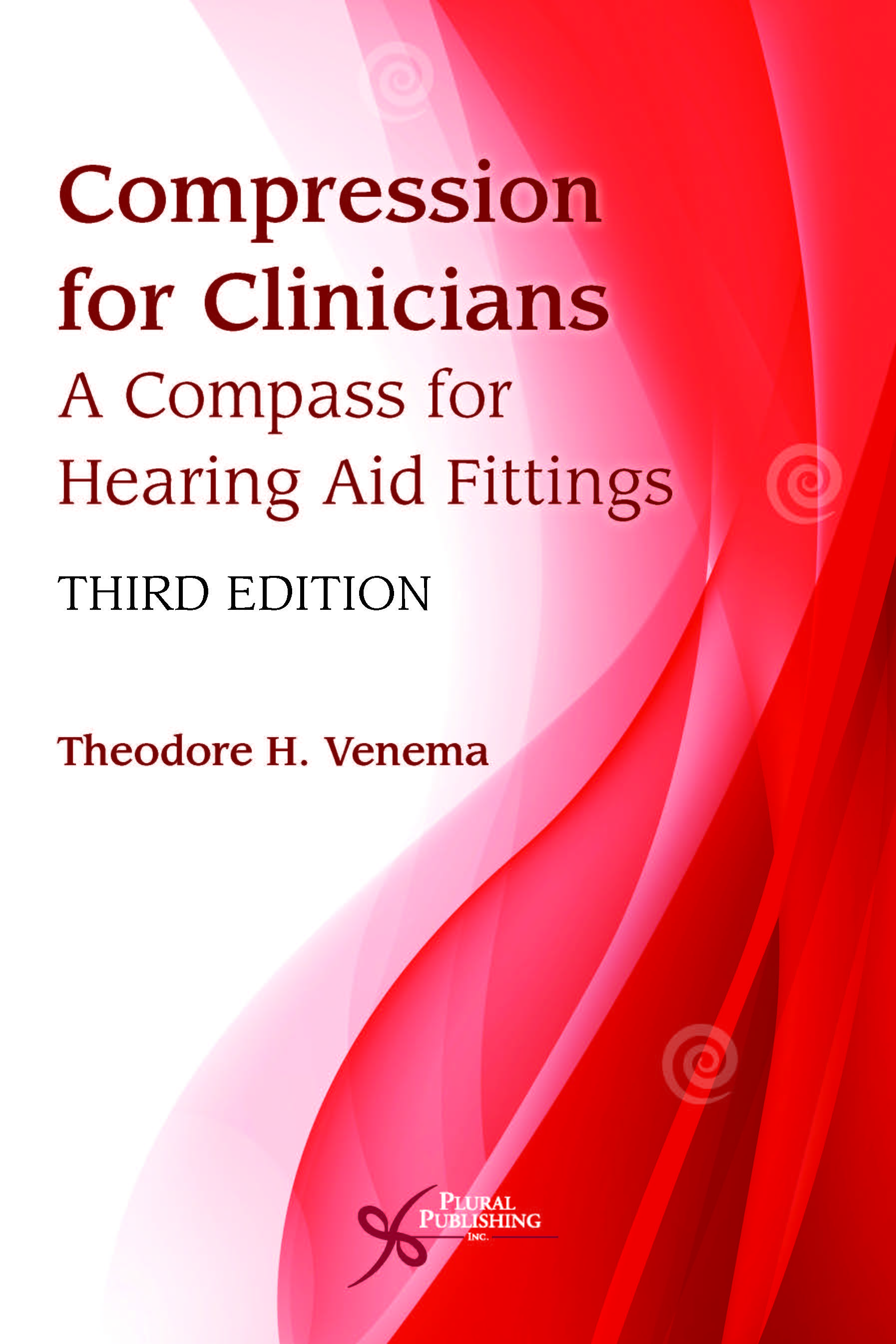
Compression for Clinicians: A Compass for Hearing Aid Fittings
Third Edition
Theodore H. Venema
Details: 416 pages, B&W, Softcover, 6" x 9"
ISBN13: 978-1-59756-987-3
© 2017 | Available
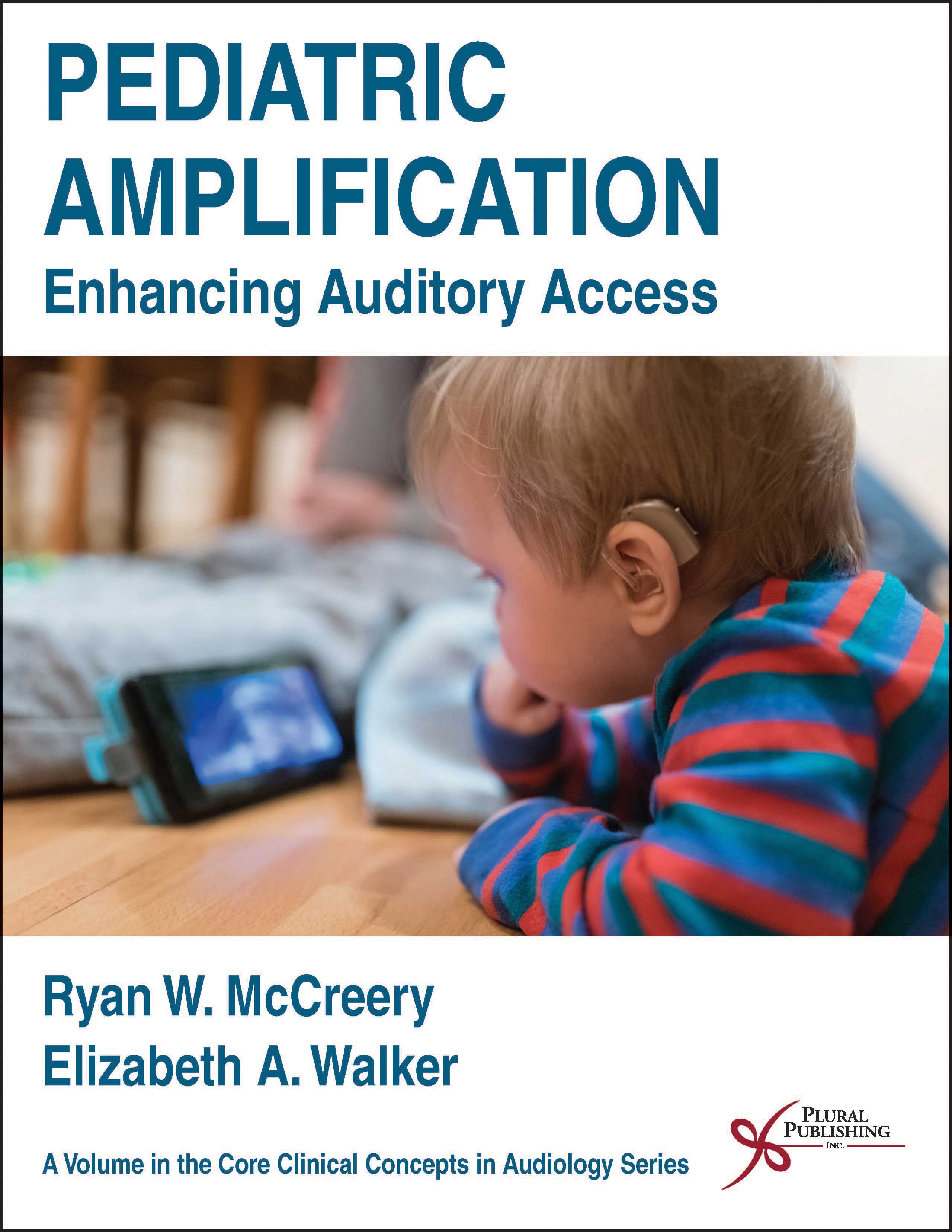
Pediatric Amplification: Enhancing Auditory Access
First Edition
Ryan W. McCreery, Elizabeth A. Walker
Details: 272 pages, B&W, Softcover, 8.5" x 11"
ISBN13: 978-1-59756-992-7
© 2017 | Available
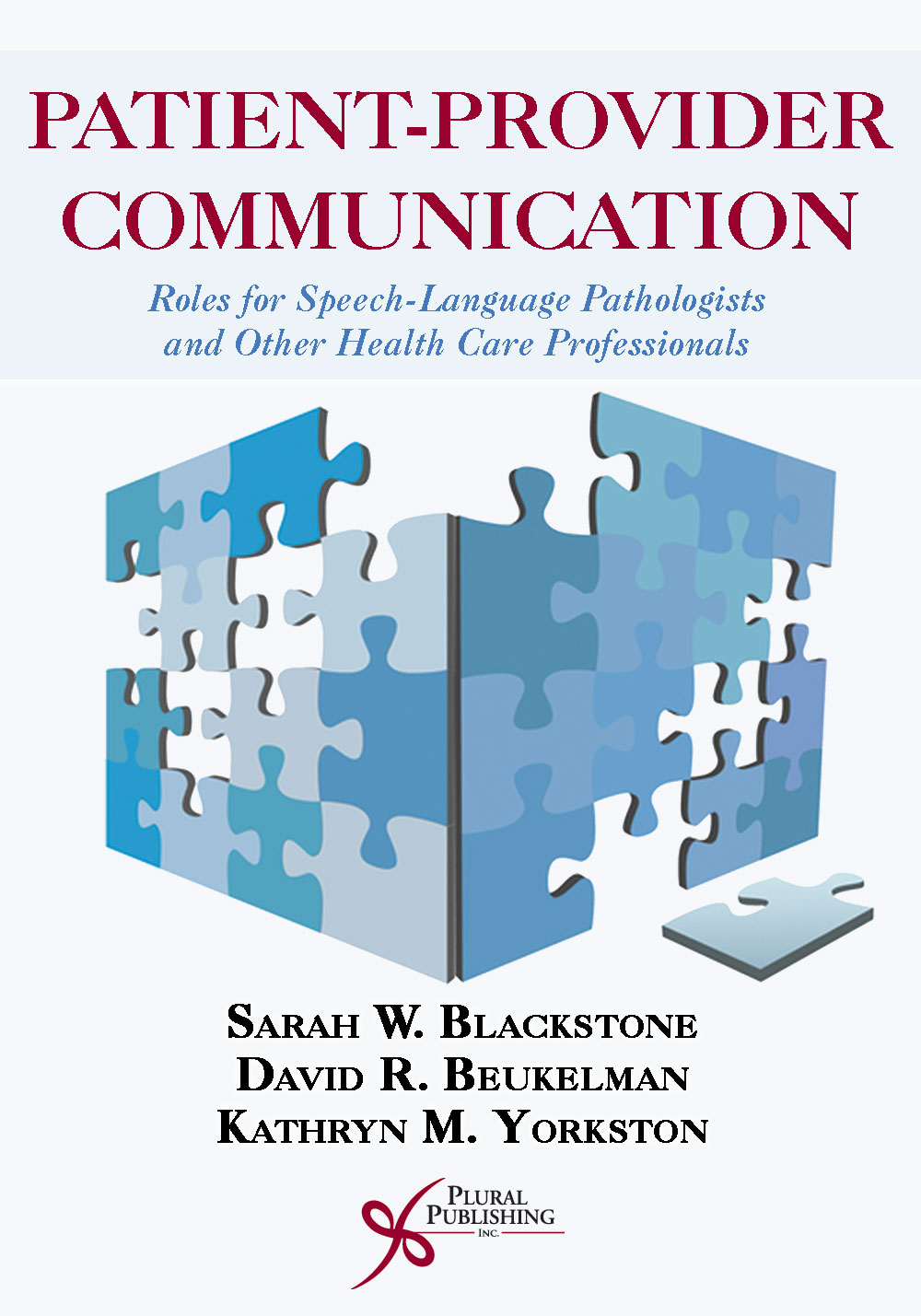
Patient-Provider Communication: Roles for Speech-Language Pathologists and Other Health Care Professionals
First Edition
Sarah W. Blackstone, David R. Beukelman, Kathryn M. Yorkston
Details: 352 pages, B&W, Softcover, 7" x 10"
ISBN13: 978-1-59756-574-5
© 2015 | Available
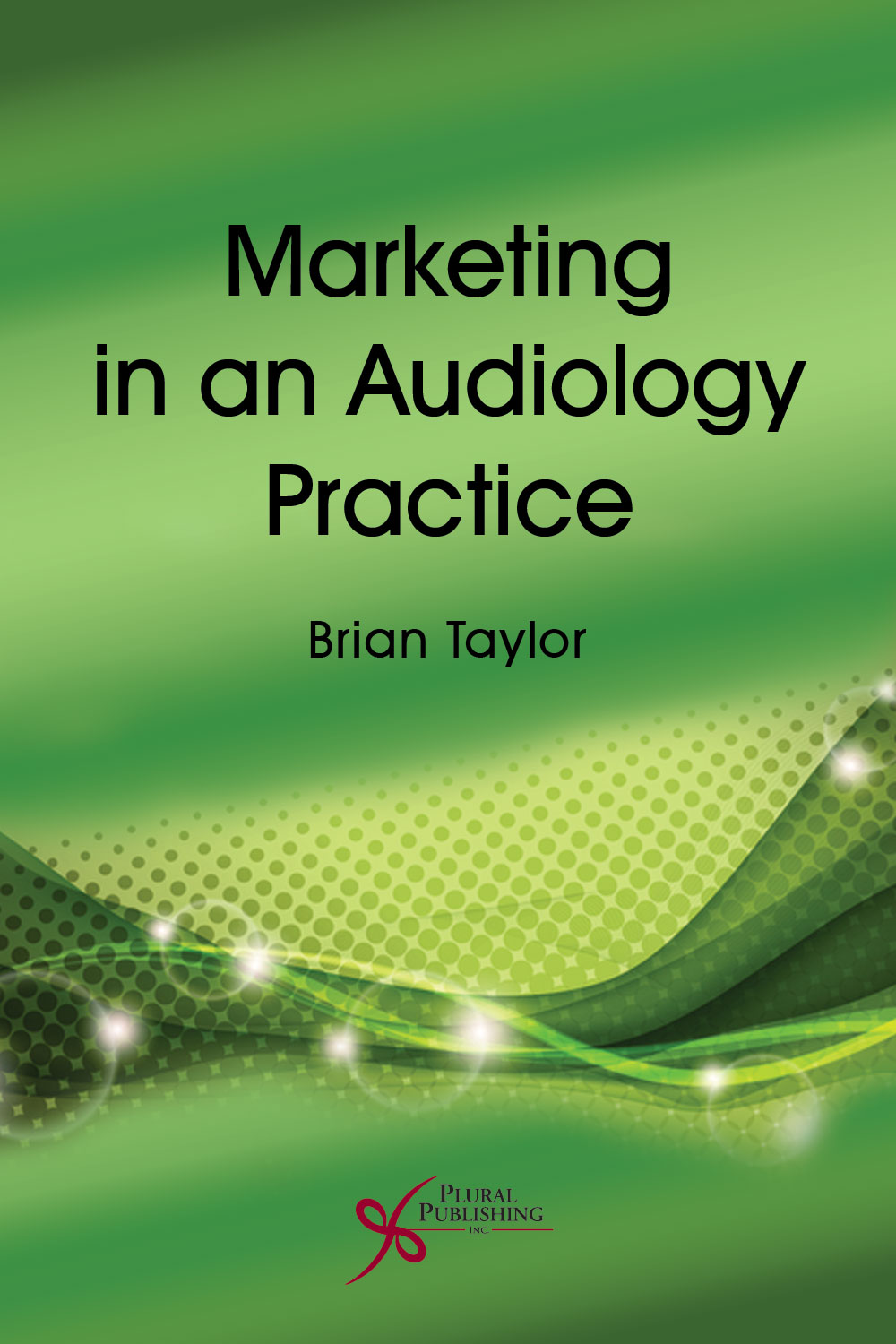
Marketing in an Audiology Practice
First Edition
Brian Taylor
Details: 392 pages, B&W, Softcover, 6" x 9"
ISBN13: 978-1-59756-569-1
© 2015 | Available
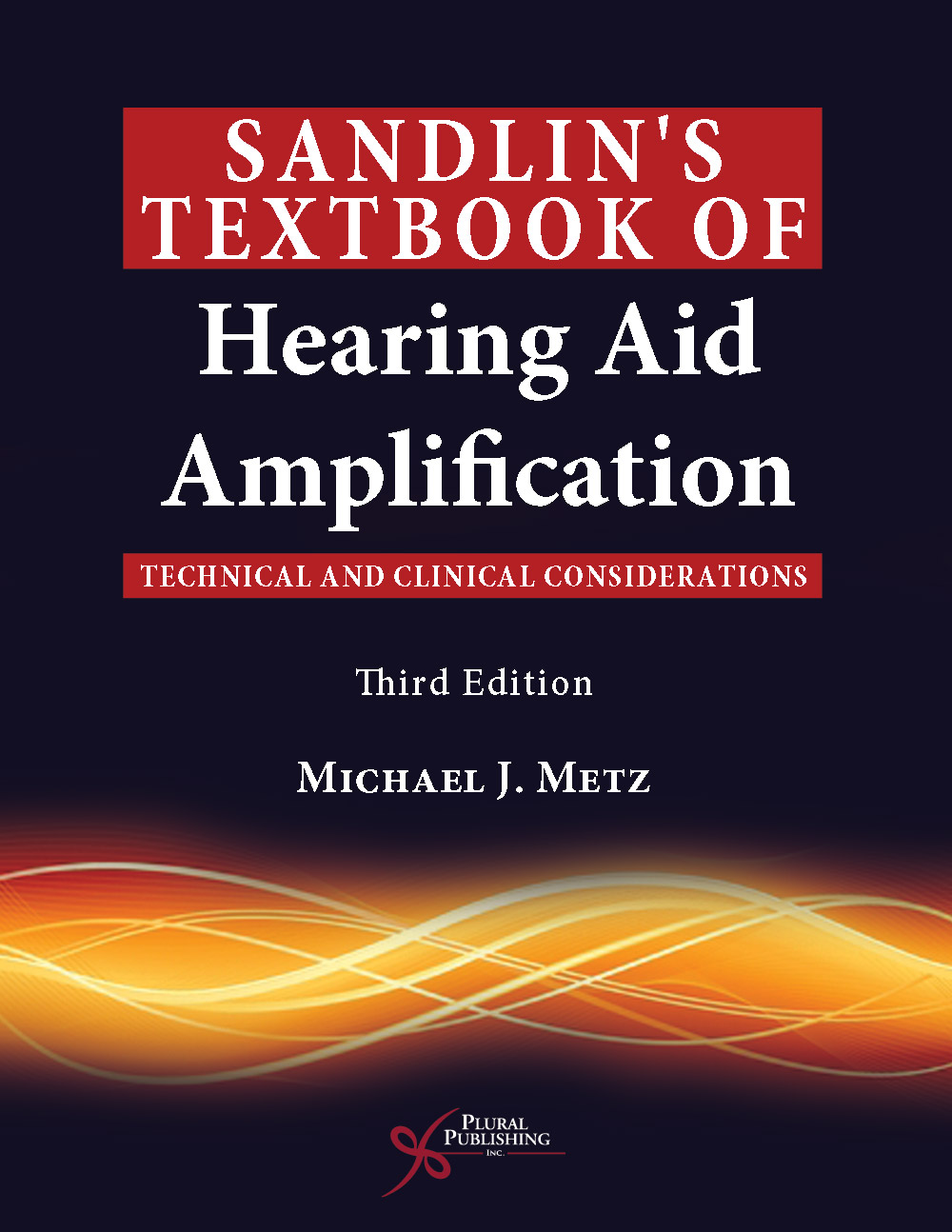
Sandlin's Textbook of Hearing Aid Amplification: Technical and Clinical Considerations
Third Edition
Michael J. Metz
Details: 776 pages, B&W, Softcover, 7" x 10"
ISBN13: 978-1-59756-563-9
© 2014 | Available
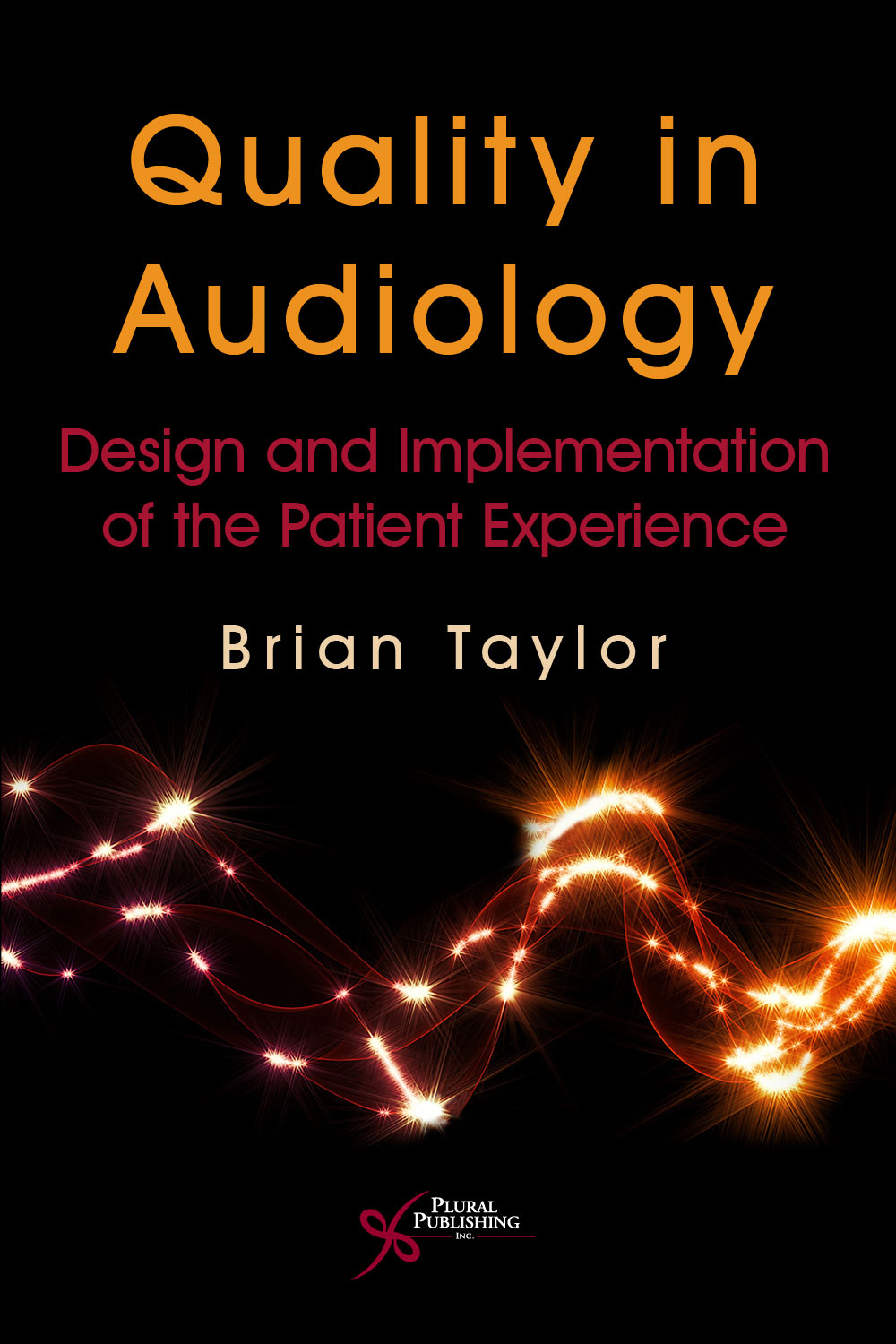
Quality in Audiology: Design and Implementation of the Patient Experience
First Edition
Brian Taylor
Details: 336 pages, B&W, Softcover, 6" x 9"
ISBN13: 978-1-59756-472-4
© 2013 | Available
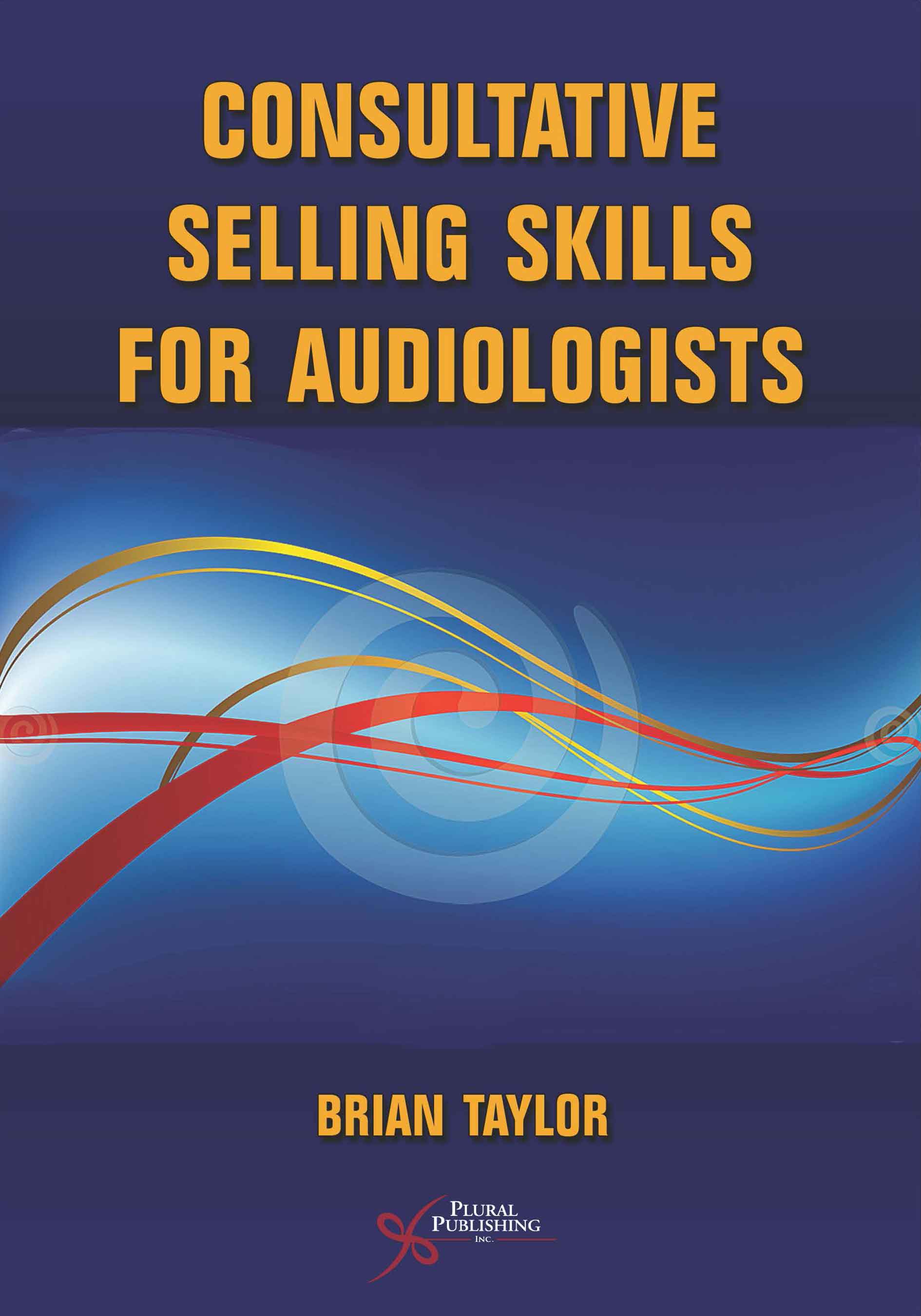
Consultative Selling Skills for Audiologists
First Edition
Brian Taylor
Details: 256 pages, B&W, Softcover, 6" x 9"
ISBN13: 978-1-59756-424-3
© 2012 | Available
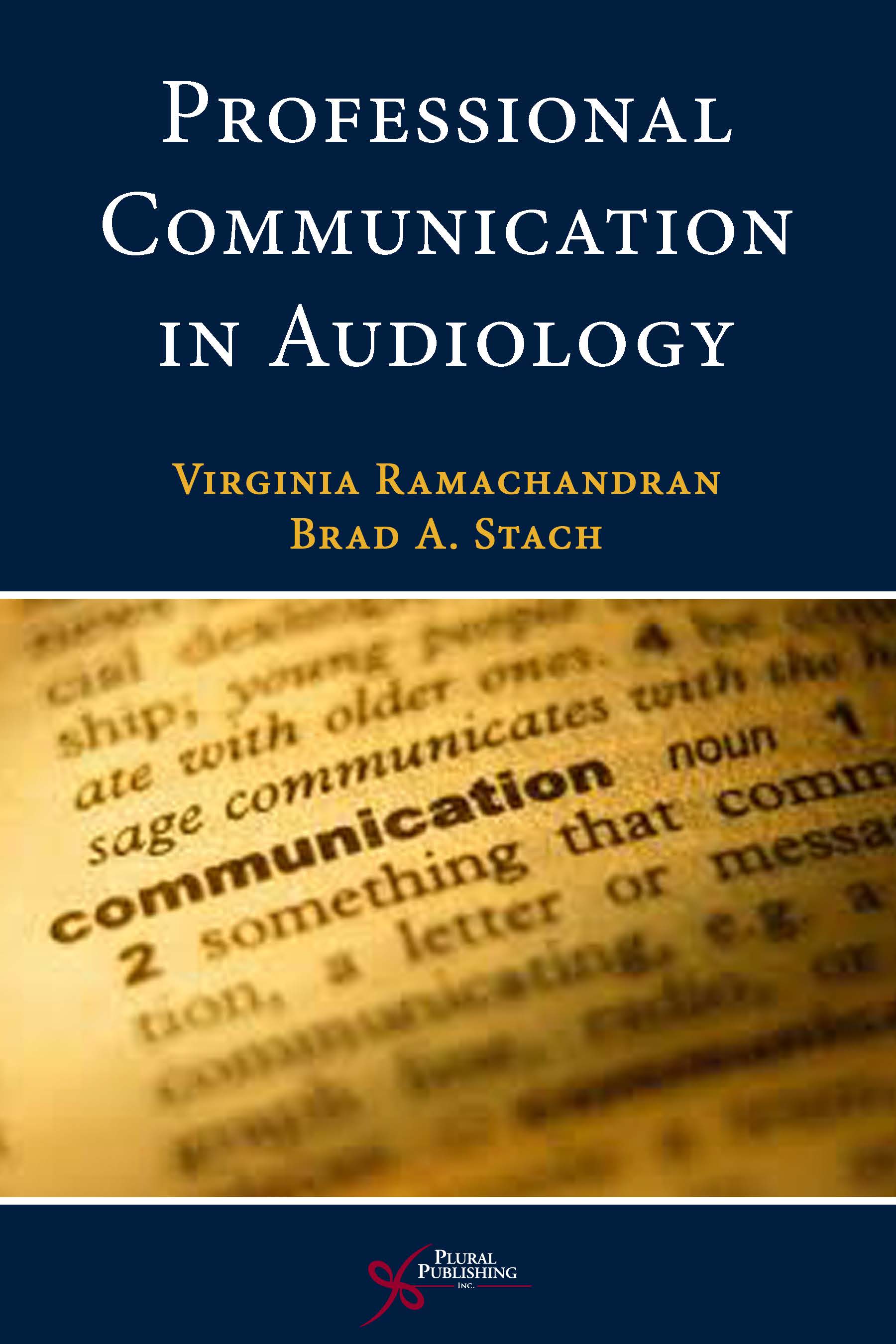
Professional Communication in Audiology
First Edition
Virginia Ramachandran, Brad A. Stach
Details: 160 pages, B&W, Softcover, 6" x 9"
ISBN13: 978-1-59756-365-9
© 2013 | Available
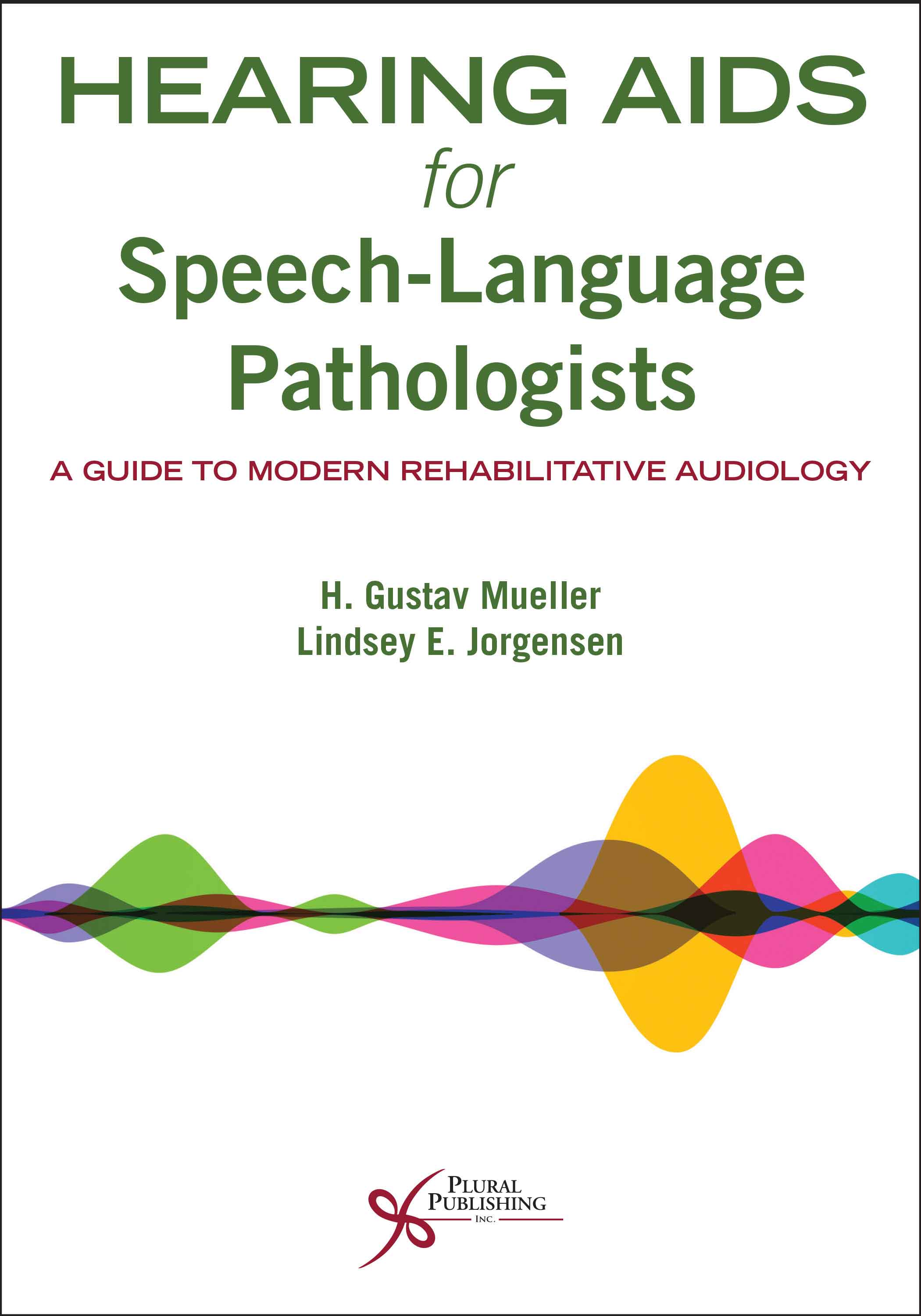
Hearing Aids for Speech-Language Pathologists: A Guide to Modern Rehabilitative Audiology
First Edition
H. Gustav Mueller, Lindsey E. Jorgensen
Details: 445 pages, B&W, Softcover, 7" x 10"
ISBN13: 978-1-63550-214-5
© 2020 | Available
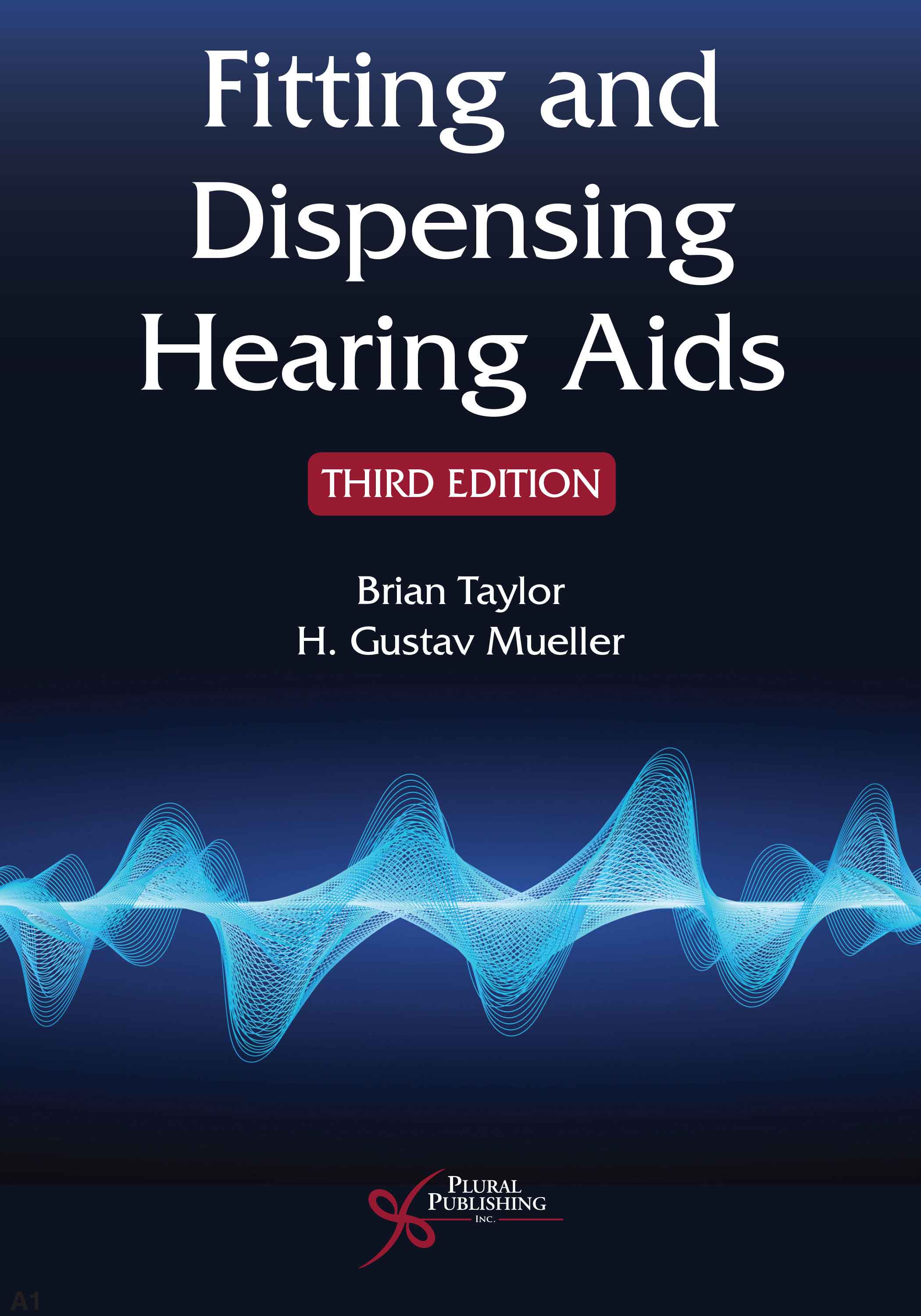
Fitting and Dispensing Hearing Aids
Third Edition
Brian Taylor, H. Gustav Mueller
Details: 550 pages, B&W, Softcover, 7" x 10"
ISBN13: 978-1-63550-210-7
© 2021 | Available
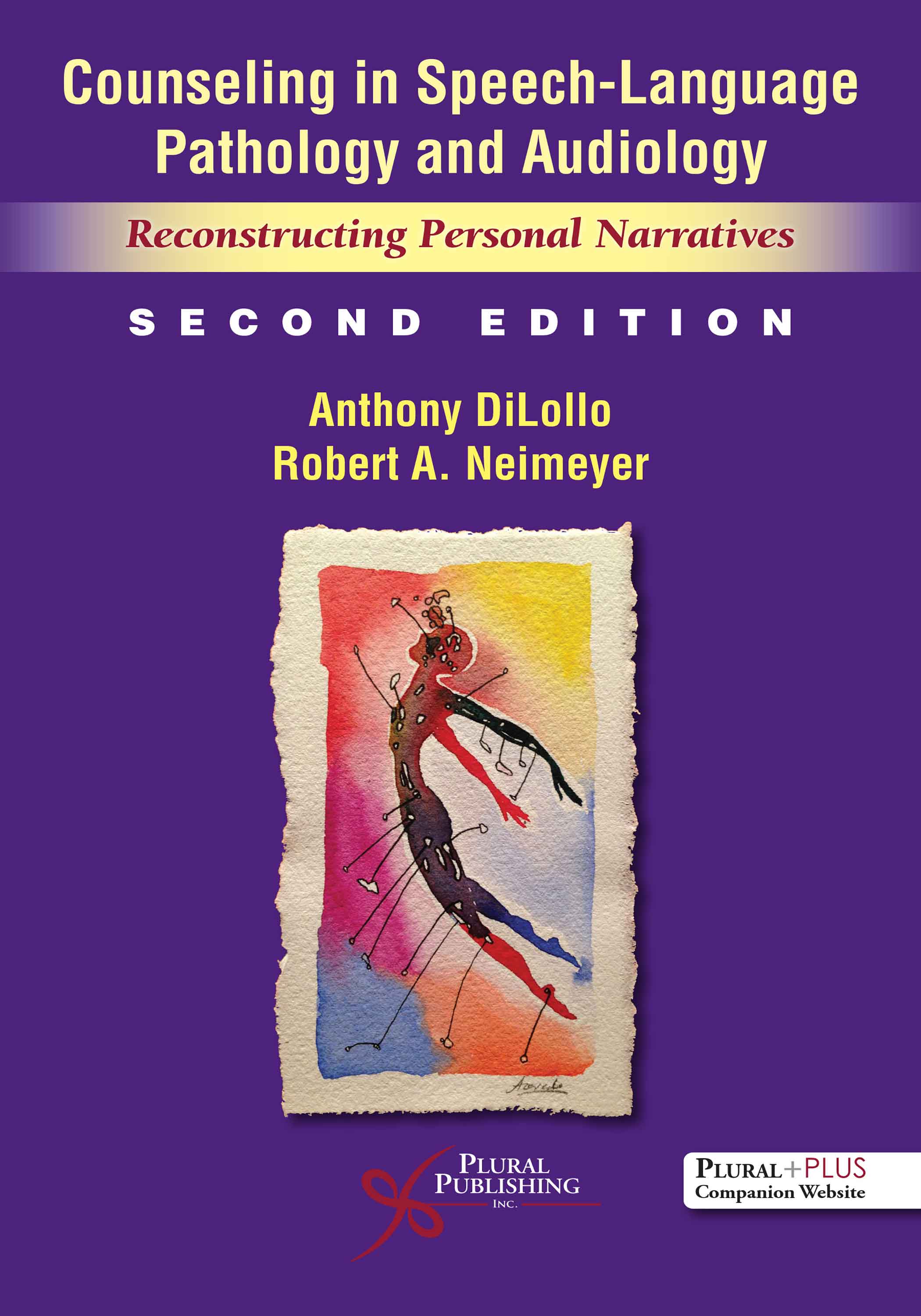
Counseling in Speech-Language Pathology and Audiology: Reconstructing Personal Narratives
Second Edition
Anthony DiLollo, Robert A. Neimeyer
Details: 360 pages, B&W, Softcover, 6" x 9"
ISBN13: 978-1-63550-298-5
© 2022 | Available
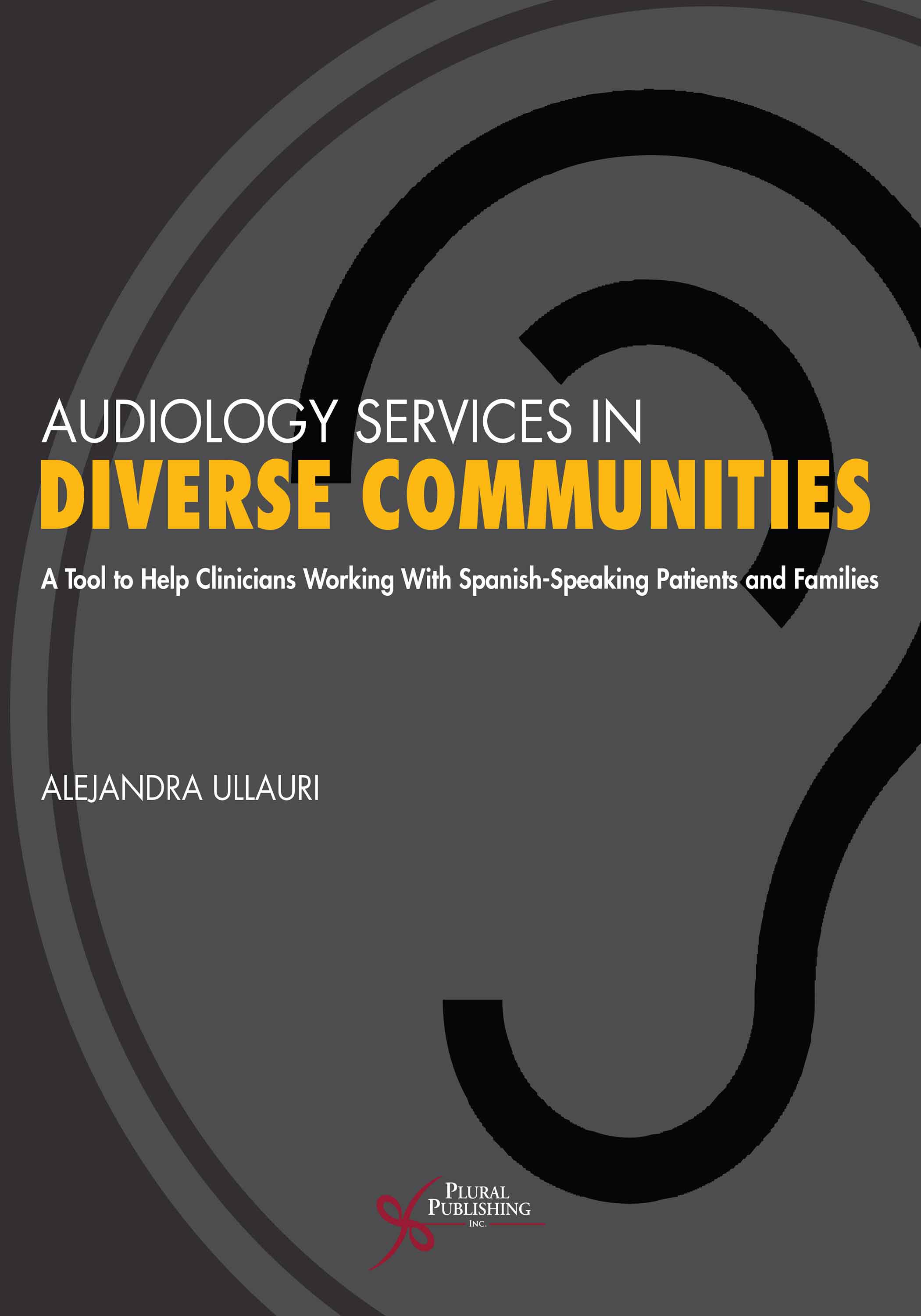
Audiology Services in Diverse Communities: A Tool to Help Clinicians Working With Spanish-Speaking Patients and Families
First Edition
Alejandra Ullauri
Details: 210 pages, B&W, Softcover, 8.5" x 11"
ISBN13: 978-1-63550-651-8
© 2022 | Available

Strategic Practice Management: Business Considerations for Audiologists and Other Healthcare Professionals
Fourth Edition
Robert M. Traynor, Brian Taylor
Details: 983 pages, B&W, Hardcover, 7" x 10"
ISBN13: 978-1-63550-766-9
© 2026 | Available

